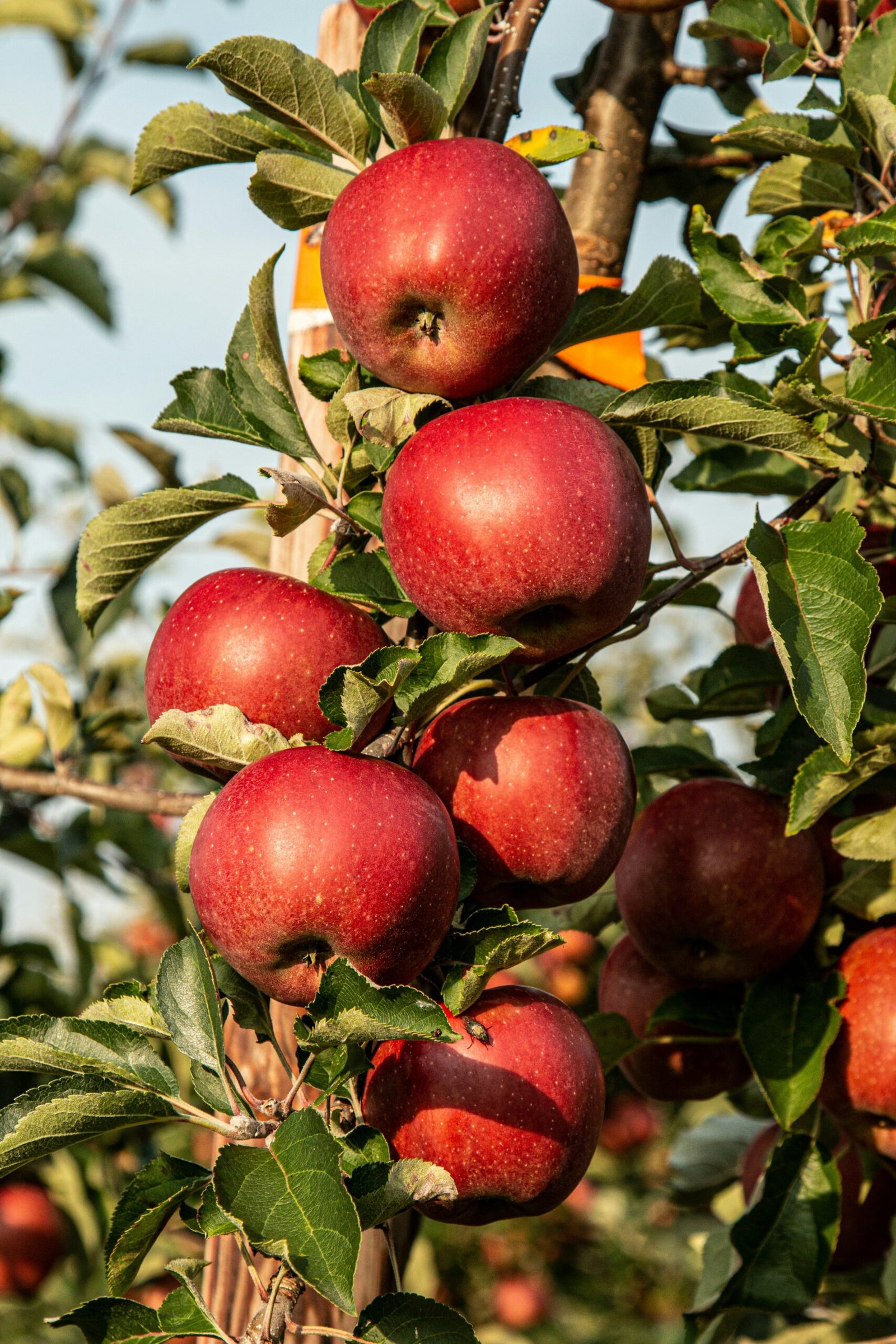Why Flushing Fat Out of Your Foods Is Not Necessary
There is a common misconception that flushing the fat out of your foods is necessary for a healthy diet. However, this belief is not only misleading but also unnecessary. In fact, fat is an essential nutrient that our bodies need for various functions.
The Importance of Fat in Our Diet
Fat plays a crucial role in our overall health and well-being. It provides energy, aids in the absorption of fat-soluble vitamins, and helps regulate body temperature. Additionally, fat is necessary for the proper functioning of our brain and nervous system.
There are different types of fat, and it’s important to understand the difference between healthy fats and unhealthy fats. Healthy fats, such as monounsaturated and polyunsaturated fats, can be found in foods like avocados, nuts, and olive oil. These fats have been shown to have numerous health benefits, including reducing the risk of heart disease and improving brain function.
Unhealthy fats, on the other hand, are found in processed foods, fried foods, and high-fat dairy products. These fats, known as trans fats and saturated fats, can increase the risk of heart disease and other health problems when consumed in excess.
How to Make Healthy Food Choices
Instead of trying to flush the fat out of your foods, it’s more important to focus on making healthy food choices. Here are some tips to help you make nutritious choices:
- Choose lean sources of protein: Opt for lean meats, poultry, fish, and plant-based protein sources like beans and legumes.
- Incorporate healthy fats: Include foods rich in healthy fats, such as avocados, nuts, seeds, and olive oil, in your diet.
- Eat plenty of fruits and vegetables: These are low in fat and high in essential nutrients, fiber, and antioxidants.
- Limit processed foods: Processed foods often contain unhealthy fats, excessive sodium, and added sugars. Try to choose whole, unprocessed foods whenever possible.
- Read food labels: Pay attention to the fat content and choose products with lower amounts of saturated and trans fats.
- Moderation is key: It’s important to enjoy all foods in moderation, including those higher in fat. Balance is key to a healthy diet.
The Dangers of Fat-Free Diets
While it’s important to make healthy food choices, completely eliminating fat from your diet can be detrimental to your health. Fat-free diets can lead to nutrient deficiencies, as many essential vitamins and minerals are fat-soluble, meaning they require fat for absorption.
Furthermore, fat-free diets can leave you feeling unsatisfied and may lead to overeating or cravings for unhealthy foods. Fat provides satiety and can help you feel fuller for longer, reducing the likelihood of excessive snacking or overindulging in calorie-dense foods.
Conclusion
Instead of trying to flush the fat out of your foods, focus on making balanced and nutritious choices. Include healthy fats in your diet, such as those found in avocados, nuts, and olive oil, while limiting unhealthy fats from processed and fried foods. Remember, fat is an essential nutrient that plays a crucial role in our overall health and well-being.





